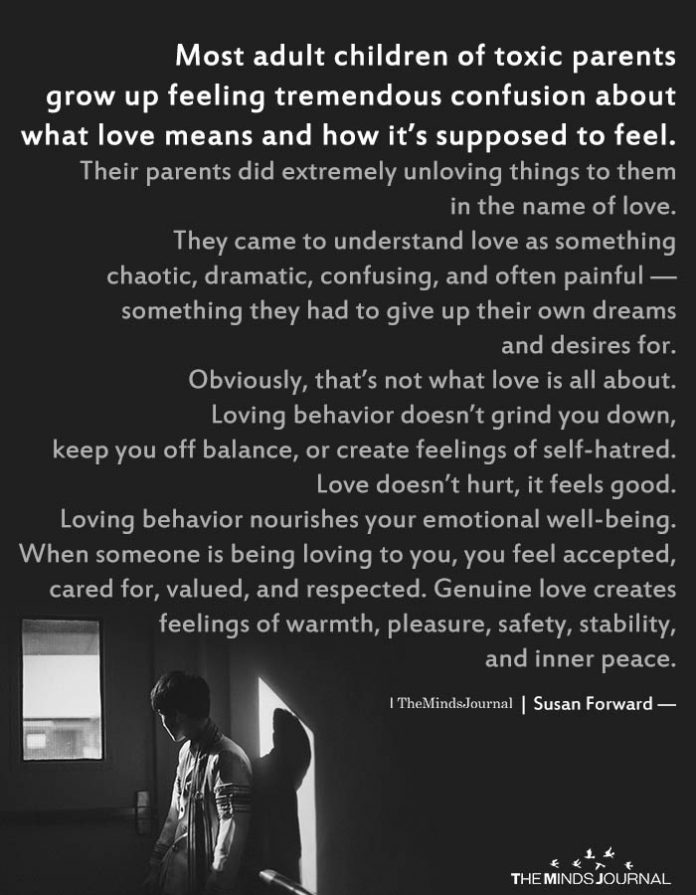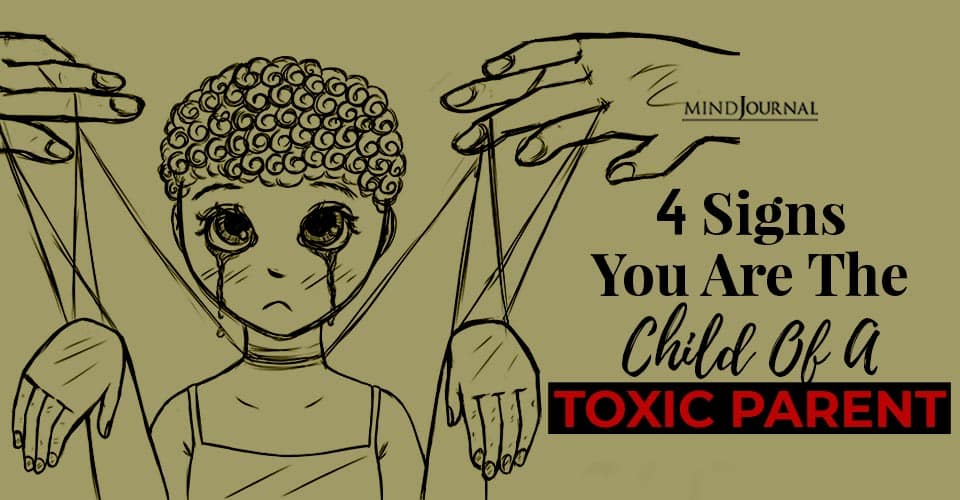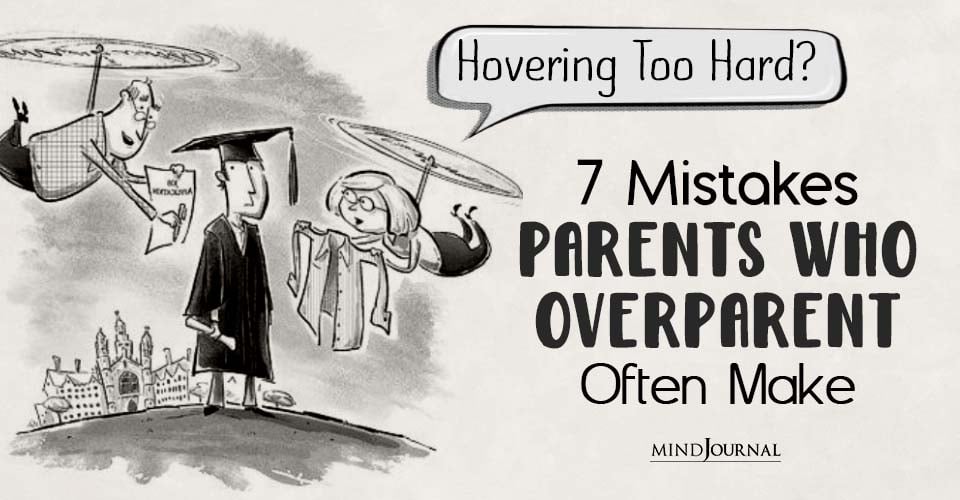Do we choose our parents? No. So, if you are unfortunate and unlucky enough to be the child of a toxic parent, life can be very depressing, disturbing, and negative. No matter what you do, your parent/parents will always find a way to put you down and make you feel you are not good enough.
Managing toxic people in your life is very different based on your relationship with the individual. For example, if you have a toxic friend or are dating someone who is toxic, it is possible to restrict, limit, or cease your interactions with that individual to remove yourself from the negative impact they have on your life.
However, when the toxic individuals are your parents or the parents of your spouse or partner, the options for simply eliminating the relationship are often not realistic or possible. In these types of situations, and in particular with toxic parents, finding effective ways to manage the relationship to preserve your emotional health is a critical consideration.
Some Of The Common Signs Of A Toxic Parent Or Parents Include:
1. Highly negatively reactive.
Toxic parents are emotionally out of control. They tend to dramatize even minor issues and see any possible slight as a reason to become hostile, angry, verbally abusive, or destructive.
2. Lack of empathy.
The toxic person or parent is not able to empathize with others. Instead, everything is about them and their needs, and they fail to see how anything they do could be seen by others as disruptive, harmful, or hurtful.
Related: 13 Signs Of A Toxic Parent
3. Extremely controlling.
The more toxic the individual, the more they want to control everything and everyone in their vicinity. This means over-parenting and making unreasonable demands even on adult children.
4. Highly critical.
The toxic parent cannot or will not see the achievements of their children, regardless of how accomplished the child is or becomes as an adult. They are constantly putting down people around them while making themselves out to be exceptional, gifted, or talented.
5. Blaming everyone else.
The disharmony, disagreements, hostility, and family breakdown caused by the toxic parent is always the fault of someone else. These parents cannot take responsibility for any problems, but blame the rest of the family and twist or manipulate how they see these events.

How To Handle Toxic Parents
The first and most important factor for adult children of toxic parents to realize is that they can only control their behaviors, they do not have the ability to change or control the behaviors their parent or parents choose to use.
Recognizing and accepting that the parent is toxic and is not willing to change allows you to have the freedom to consider your own needs. You have the ability to define the relationship to meet your emotional needs and to avoid subjecting yourself to negativity, hostility, and toxicity in an attempt to “fix” the problem.
1. Boundaries.
Setting boundaries or limits and clearly defining what you will accept and what you will not accept is crucial. Be clear in defining these boundaries, and limit contact with your parents to keep your time together with positivity and health.
2. Control the location.
Setting the location for your interactions with the toxic parent is also a way to limit problem behaviors. Meeting in a public space allows you to leave if they do not respect your boundaries, and it also creates a neutral place where you are less likely to fall into old patterns of behavior, a common issue if you meet in the family home.
Related: 12 Signs You Have A Toxic Parent and How To Deal With It
3. Self-care.
Be kind to yourself. You do not need to spend every holiday or special event with your parents. Instead, spend time with people that are positive, make you feel great about yourself, and that encourage you to continue to be the wonderful person you are.
Talking to a therapist or counselor can also be instrumental in helping understand the impact toxic parents have had on your life and developing effective management strategies for the relationship going forward.
References:
Darlene Lancer, J. L. (2018, August 31). 12 Clues a Relationship with a Parent Is Toxic. Retrieved from Psychology Today: https://www.psychologytoday.com/us/blog/toxic-relationships/201808/12-clues-relationship-parent-is-toxic Psychologies. (2012, May 2). How to manage a toxic mother. Retrieved from Psychologies: https://www.psychologies.co.uk/how-manage-toxic-mother Richard A. Friedman, M. (2009, October 19). When Parents Are Too Toxic to Tolerate. Retrieved from The New York Times: https://www.nytimes.com/2009/10/20/health/20mind.html
Sherry Gaba, LCSW specializes in codependency, love addiction, and trauma. Take her quiz to find out if you’re struggling with co-dependency, sign up for a 30-minute strategy session. For more information visit www.sherrygaba.com or sign up today for Sherry’s online group coaching program. Buy her books Love Smacked: How to Break the Cycle of Relationship Addiction and Codependency to find Everlasting Love or Infinite Recovery.
Written By Sherry Gaba Originally Appeared In Psychology Today









Leave a Reply